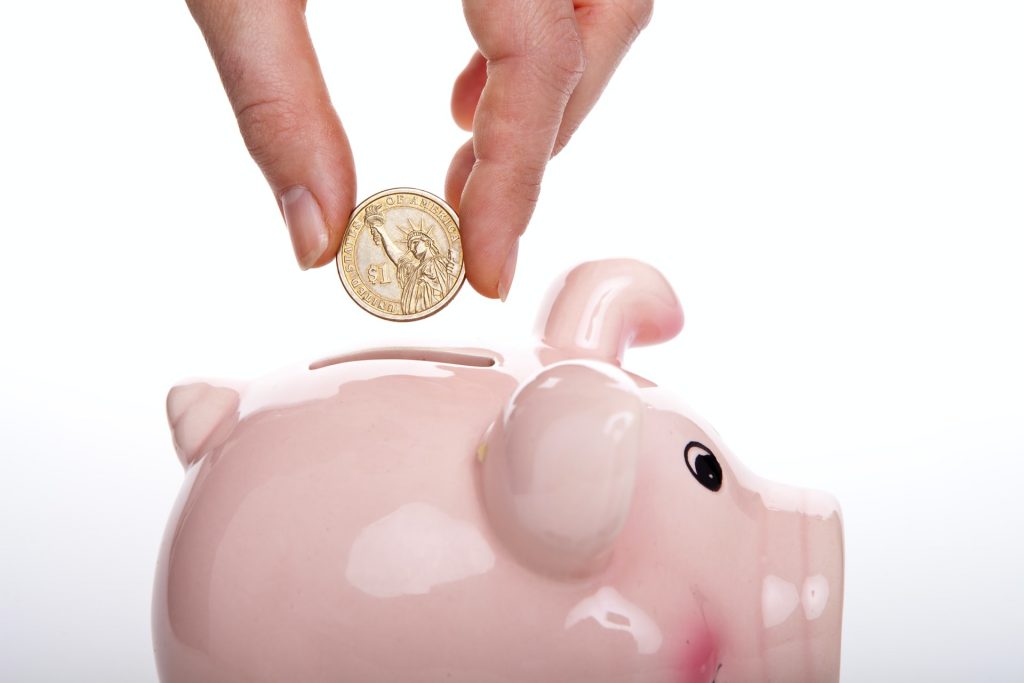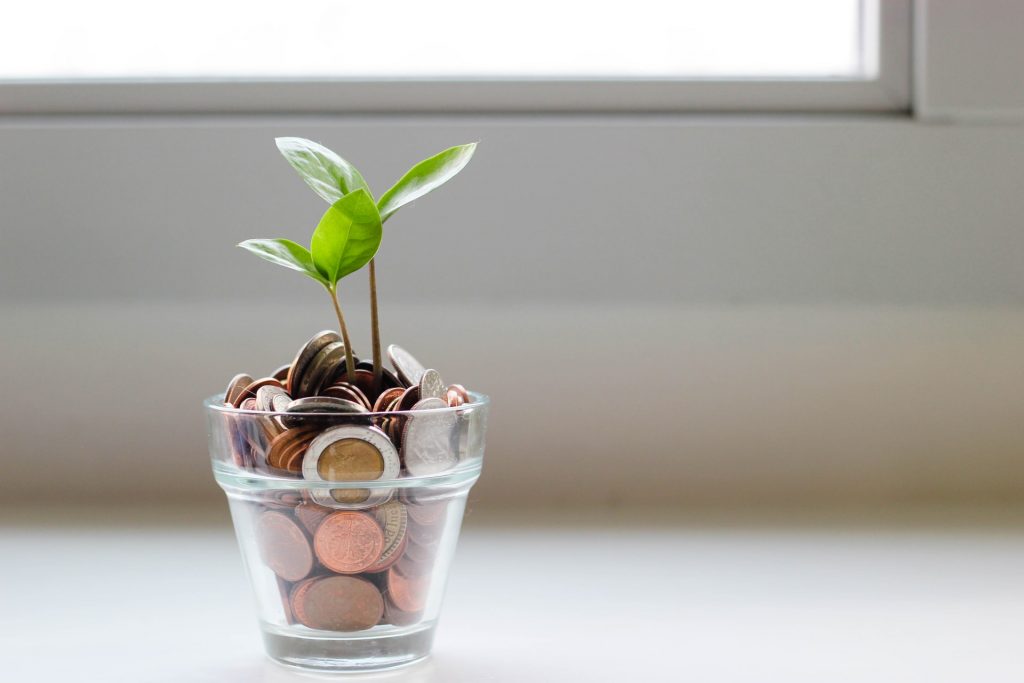Everyone wants to save money. It is an important aspect of your financial life that you simply cannot ignore. Yet, it is easier said than done. Like everything else worthwhile, saving money takes patience, diligence, and the right kind of strategy.
That said, we are here to lend a hand. Presented here are a couple of tips that you can try to help you get started. So, if you are serious about pursuing your financial goals, then you need to make sure to follow these tips and stick to them closely.

First things first, you need to start recording your expenses. This is the first crucial step to start saving money. After all, it would be highly unlikely for you to save money if you have no idea how much you spend regularly.
So, keep a close eye on all your expenses. You need to be extremely thorough about it. This means that you need to use a ledger or worksheet program to help you list down everything including your daily coffee, groceries, household expenses, and the like.
Once you have sufficient data on-hand, you can then proceed to organize and categorize your expenses. Keep track of how much you spend on essentials like gas and groceries as well as on other types of expenses including your mortgage. To make things as accurate as possible, we suggest counterchecking everything with your credit card bill and bank statements to make sure that you don’t miss anything.
Try to incorporate the 80:20 rule. Click here to find out more.

Knowing how much you spend is crucial for the next step: cutting back. You need to take a close look at your expenses and determine which aspects you can cut back on. This means identifying which expenses are nonessentials so you can start gradually scaling back. To do that, you have to get your priorities straight.
Money doesn’t grow on trees. This should come as no surprise. If you are like most people, then you are probably working with a fixed income. Having the right set of priorities will determine how much you have leftover after buying groceries and paying the bills. It will also influence how you can start building your savings.
Never underestimate the occasional expenses. More likely than not, the little things add up. What may seem like minor expenses now out can certainly take a toll on your bank account if left unchecked. So, you need to be decisive about scaling back on some of these non-essentials. Sadly, these can include things like entertainment and dining out.
However, this doesn’t mean you have to eliminate all your expenses on personal leisure. After all, you are entitled to enjoy the money you have. You just have to be smarter about it. For instance, you may want to look at your different memberships and subscriptions. Determine whether you are getting the optimal entertainment value from these. If not, then you should probably consider canceling it.

Another crucial aspect of effectively saving money is having set goals. For instance, you need to think about what exactly you are saving for. After all, your savings doesn’t have to be this one thing. Rather, it can be broken down into specific aspects with a well-defined purpose. At the same time, your financial goals can be short-term and long-term.
When we speak of short-term goals, we are talking about saving for a couple of months to three years. For instance, a common reason for saving would be so you can make that downpayment for a new car. Another smart way to go about it is to have an emergency fund that can cover your essentials for at least a couple of months.
On the other hand, when we speak of long-term saving goals, then you will also need to make the necessary adjustments to make it feasible. Long-term goals can vary depending on your priorities. For instance, you may want to start saving for that home renovation project you’ve been hoping to get started. Of course, one of the smartest things that you can do is to start saving for your retirement.
Having a clear goal will help make things simpler and achievable for you. So, it is always important that you keep them in perspective.

Once you have your priorities straight and your goals in mind, you can now start organizing your finances into a sustainable budget. Aside from the monthly essentials, we recommend setting aside a defined amount that will go directly to your savings.
As a rule, we recommend that you start slow. You can start putting away at least 10% of your income and gradually increase as you make the necessary adjustments to your expenses. This lets you get a feel of how you can go about the task of saving. At the same time, it will also help you get used to the process of keeping your finances in check.
That said, we suggest automating the entire process to make this entire process easier. After all, most banks offer an automated transfer option between different accounts. This means that you can now automatically set aside the money you are trying to save by directing the said amount into your savings account.
As a rule, you will want to review your budget periodically. This should help you find ways to save better.

Make sure to check your monthly progress. Keeping a close eye on it should help you stick to your financial plan. At the same time, doing so will help you identify any problems that may arise with your original plan.
At the same time, you should also maximize the gains you may get from your savings account’s compound interest which allows your savings to grow at a much faster rate over time. Note that high-interest savings accounts will let you earn money passively.

There you have it, our simple guide on how you can start saving money. So, be sure to follow these steps closely.



